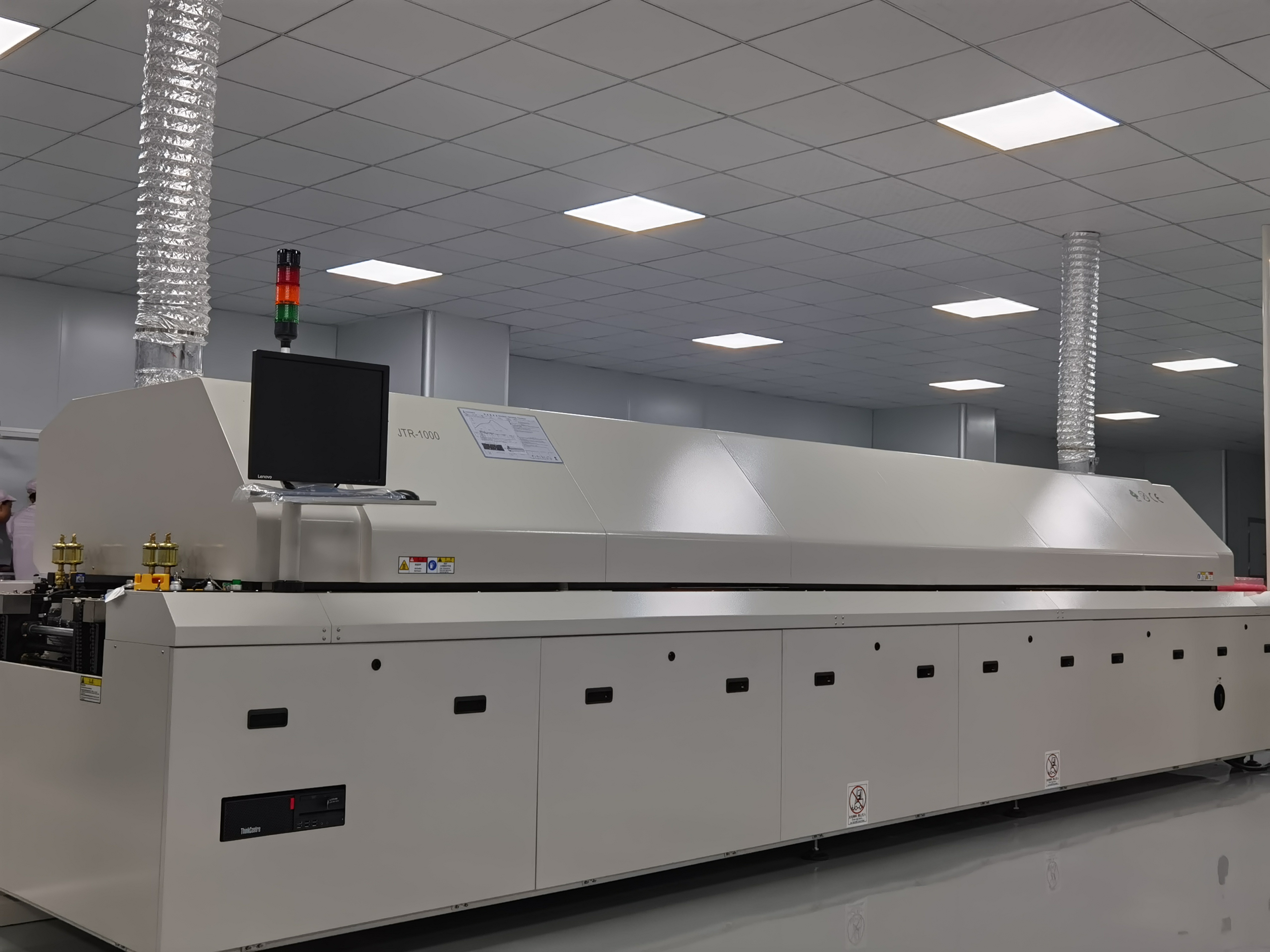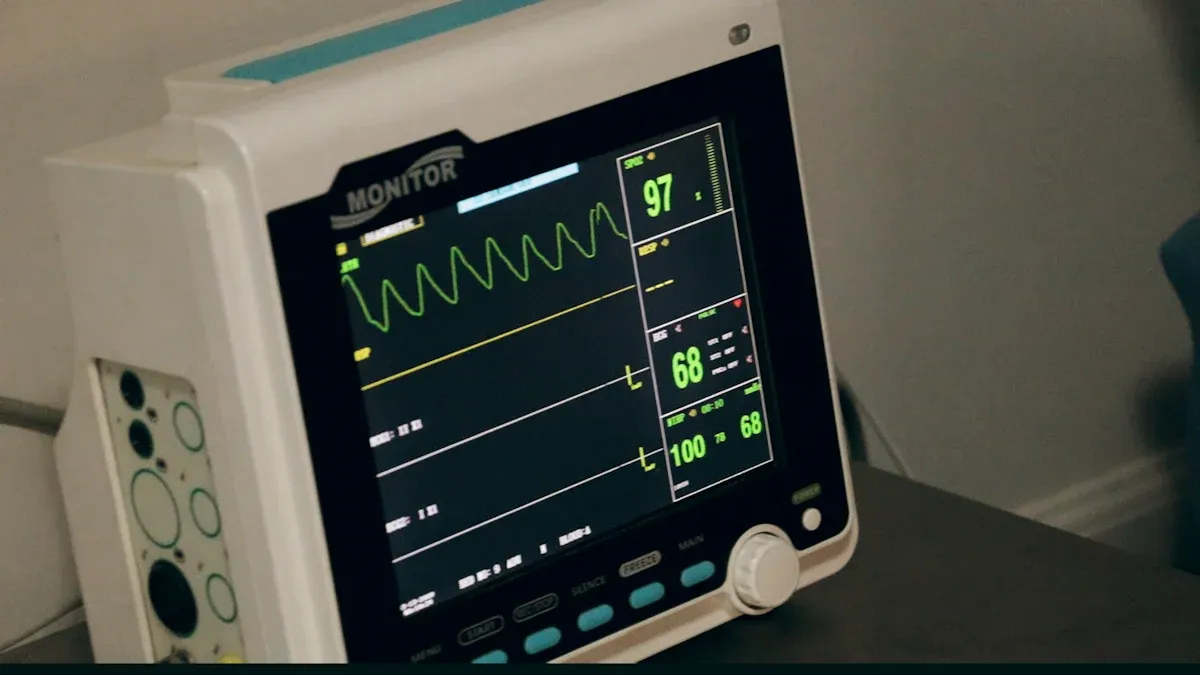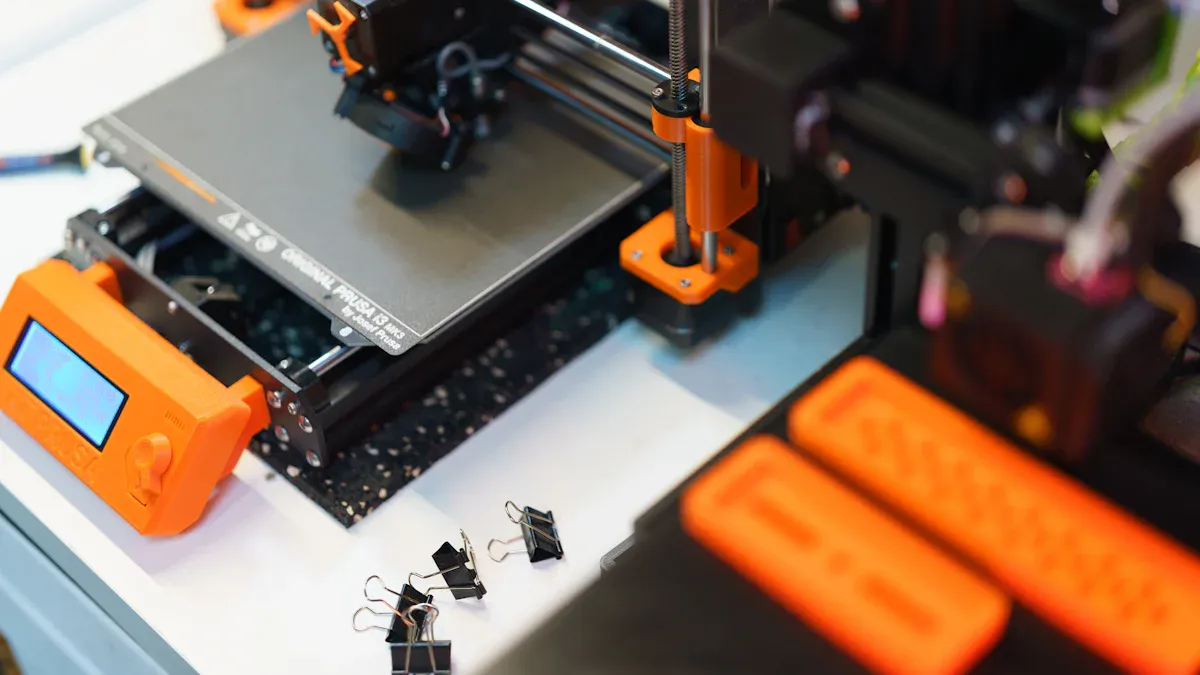How to Accelerate Medical Device PCBA While Meeting ISO13485 Standards

You can achieve fast track PCBA medical device production while maintaining ISO13485 certification. Common challenges in fast track PCBA medical device manufacturing include:
Inadequate risk management can delay regulatory approval for fast track PCBA medical device projects.
Insufficient training may cause errors in fast track PCBA medical device assembly.
Supplier oversight can threaten compliance in fast track PCBA medical device production.
LTPCBA’s quick response services and expertise help you accelerate fast track PCBA medical device projects and ensure you meet strict industry standards.
Key Takeaways
Implement design controls and maintain thorough documentation from the start to ensure compliance and speed up your project.
Integrate risk management tools like FMEA and FTA early in the process to identify and mitigate potential issues before they arise.
Choose reliable suppliers and conduct regular audits to maintain quality and compliance throughout your fast track PCBA medical device projects.
Fast Track PCBA Medical Device Compliance

Documentation and Traceability
You can reduce time-to-market and ensure iso13485 certification by aligning your fast track pcba prototyping with proven strategies. Start by implementing design controls from day one. Maintain thorough documentation for every stage. Conduct verification and validation testing early. These steps help you meet regulatory compliance and avoid delays.
Tip: Use digital tools to manage documentation and traceability. This approach streamlines your workflow and makes audits easier.
Traceability begins at the conceptual stage. Every component and design choice must align with initial requirements. When you link each design element to specific regulatory requirements, you create a clear path for compliance. If you update requirements, reflect those changes in your design records. Weak traceability can lead to delayed approvals and non-compliance penalties.
Here is how integrating documentation and traceability from the start impacts your project:
Impact Area | Description |
|---|---|
Speed | Reduces administrative overhead and accelerates the overall development process. |
Compliance Readiness | Enhances compliance readiness by ensuring all design changes are logged and traceable. |
Issue Identification | Enables quick identification of issues, facilitating efficient troubleshooting and design updates. |
Audit Facilitation | Links design data with compliance requirements, making audits smoother and less risky. |
You should document unique identification for all components and assemblies. Keep detailed process records for each production batch. Track equipment calibration and maintenance. Maintain personnel training and qualification records. Evaluate and manage suppliers with proper documentation. These records form the backbone of your fast track pcba medical device submission.
Leading manufacturers like LTPCBA use advanced traceability protocols. They assign unique identifiers to each component and assembly. They document every manufacturing step and technician involved. This system allows you to quickly identify and resolve quality issues, ensuring a high pass rate and reliable product delivery.
Risk Management and Controls
You must integrate risk management from the beginning of your fast track pcba project. Use frameworks like Failure Mode and Effects Analysis (FMEA) and Fault Tree Analysis (FTA). These tools help you identify and mitigate risks throughout the product lifecycle. Address potential failures before they occur to maintain iso13485 certification.
Framework | Description |
|---|---|
Covers all phases of product development, requiring thorough analysis. | |
FMEA | Analyzes potential failure points and their impact on the device. |
FTA | Explores causes of potential failures, enhancing risk mitigation. |
Design reviews act as a critical mechanism for risk management. Assess your design at various stages to uncover potential issues early. This proactive strategy minimizes the risk of design flaws and manufacturing errors. It also enhances regulatory compliance and speeds up development.
You should comply with FDA guidelines and IEC 60601 standards. Early risk assessment helps you align your design process with these requirements. By identifying and mitigating risks early, you accelerate your fast track pcba medical device development and avoid costly setbacks.
LTPCBA’s quality control system aligns with iso13485 certification requirements. Their advanced optical inspection, X-ray testing, and in-circuit testing ensure that every product meets reliability and safety standards. LTPCBA maintains a 99.5% pass rate in product delivery, reflecting their strong commitment to quality assurance.
Data Integrity and Validation
You need to ensure data integrity at every stage of your fast track pcba project. Implement electronic data capture systems to minimize manual entry and reduce errors. Standardize data collection and reporting protocols. Use data encryption and cybersecurity measures to protect sensitive information.
Follow these best practices for data integrity:
Maintain audit trails for complete transparency and traceability.
Use automated data validation and verification systems at each testing stage.
Conduct regular data integrity audits to evaluate and improve your data management.
Train your staff on compliance and data integrity best practices.
Validation of PCBA processes must be documented to meet iso13485 certification standards, especially when working on accelerated timelines. Store traceability data in digital quality management systems. Validate test methods against regulatory standards to ensure your data is accepted by the FDA. Generate regulatory data during prototyping to compress submission timelines and speed up time-to-market.
LTPCBA’s adherence to ISO, IATF, UL, and IPC-A-610 certifications serves as a model for regulatory compliance. Their robust quality assurance processes and advanced testing protocols support fast track pcba projects. You can rely on their expertise to streamline your regulatory submissions and achieve faster market entry.
LTPCBA Fast Track PCBA Solutions

Supplier Qualification and Audits
You need reliable suppliers to accelerate fast track pcba medical device projects. LTPCBA uses a strict supplier qualification process. Before onboarding, the team evaluates quality systems and compliance. Annual audits help identify risks and ensure ongoing performance. When you move from prototype to mass production, LTPCBA verifies supplier capabilities and certifications. Third-party audit reports, equipment calibration certificates, and process validation records support this process. These steps help you meet iso13485 certification and maintain a strong quality management system.
Frequency of Audits | Typical Findings |
|---|---|
Before onboarding new suppliers | |
Annually for existing strategic partners | Identification of potential risks |
During quality issue investigations | Assessments of regulatory compliance |
Before increasing volume or complexity | Evaluation of factory conditions and production flow |
When transitioning from prototype to mass production | Verification of claimed capabilities and certifications |
Quality Assurance and Certifications
LTPCBA’s advanced technology supports fast track pcba and ensures high quality. Automation and AI-powered inspection speed up production and reduce defects. Precision machinery provides ±5μm accuracy in component placement. Real-time data tracking maintains a 99.5% pass rate, which is critical for fast track pcba medical device manufacturing. LTPCBA holds iso13485 certification, ISO 9001:2015, and UL certifications. These standards guarantee consistent processes and customer satisfaction. You benefit from incoming inspections, in-process testing, and final validation checks.
Certification | Focus Area | Relevance |
|---|---|---|
ISO 9001:2015 | Quality management systems | Ensures consistent processes and customer satisfaction. |
ISO 13485:2016 | Medical device quality management | Required for PCBA used in healthcare equipment. |
IATF 16949 | Automotive electronics quality | Ensures compliance with automotive requirements. |
Collaboration and Support
You gain a partner when you work with LTPCBA. The team offers 24-hour technical support and real-time project tracking. This collaboration improves regulatory submission readiness. You can address design changes quickly and keep documentation up to date. LTPCBA’s experts help you integrate iso13485 certification requirements into every stage. This support streamlines audit readiness and reduces time-to-market for your medical device.
You can accelerate your medical device PCBA by integrating compliance into every stage. Choose a partner with proven speed and quality. Regular audits, robust documentation, and expert support drive success.
Service Type | Description |
|---|---|
Accelerates manufacturing without quality loss | |
DFM/NPI Support | Ensures efficient product launch |
Start by using digital quality management systems.
Embed risk management in each prototype.
Work with dedicated engineers for best results.
FAQ
What steps help you maintain regulatory compliance during medical device development?
You should document every process. You must validate each test. You need to review supplier qualifications. These actions support regulatory compliance and improve quality management.
How does fast track PCBA impact time-to-market for medical device development?
You shorten time-to-market by using automated assembly and digital traceability. You can launch products faster and meet quality management standards.
Why is quality management important in medical device development?
Quality management ensures product safety. You reduce risks and meet regulatory compliance. You build trust with users and speed up time-to-market.
See Also
Understanding PCBA Processing Needs for Medical Devices
Essential Strategies to Enhance PCBA Durability Over Time
Effective Techniques for Streamlining SMT Lines in PCBA Production
The Importance of Aging Tests for PCBA Products
Enhancing Business Efficiency Through PCBA Contract Manufacturing
